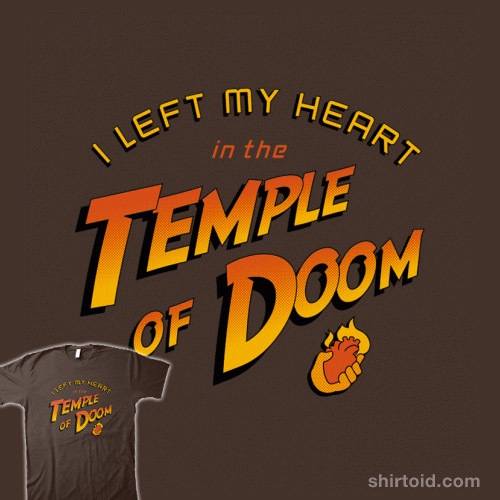

All these kids would be sitting in the first row watching Zatoichi slicing people up. So people would come, eat sushi and watch samurais. They didn’t have bingo they had samurai movies.
At the Buddhist church in New York, they would show a double feature of samurai movies every other week. When I was a kid, I watched samurai movies. I grew up watching all sorts of stuff that people today would go, “What?” Even the old Warner Bros. It’s dangerous not to show them some of this stuff because then it’s like it doesn’t exist. If you propose that to a children’s book editor today, they’d go, “No way.”īut if you had to come down on one side or the other, do you think it’s important to show children violence? The protagonist kid shoots a pirate in the face. Did you ever read Treasure Island as a kid? That’s considered a children’s classic. This has all changed numerous times back and forth. Do you think it’s good that children see and read less violence, or do you think it’s good that they’re able to use fictional violence as a way to deal with real-world violence inside the safe place of fiction? Your work has always been somewhat dark, at least from what we expect of children’s entertainment. His always honest portrayals were reinforced by his time in the military during the Vietnam War, where, from 1969 to 1971, he was a firearms and explosive ordinances expert for the Army Corps of Engineers.
#GI JOE MOVIE SONGS SERIES#
Joe, Hama also did the unexpected and turned the military-focused series into one that attempted to “unglorify” war as he never shied away from themes of loyalty, loss, morality or deceit. Joe became one of Marvel’s most popular titles, and it’s often credited with creating a whole new generation of comic readers. Joe, which began in 1982 after every other editor at Marvel Comics passed on the “bottom-of-the-barrel” project based on a kid’s toy. But Hama is perhaps best known for his legacy as the writer-creator of G.I. Over the course of his five-decade career, he’s written for a range of titles, including Spider-Man, Batman, X-Men, The Avengers, Wonder Woman and Star Wars. Over a Zoom call while Hama finishes his ramen lunch, he speaks with the sort of candor you’d expect from a man who calls himself “an old punk from the Village.” Hama has also earned the right to speak his mind on comics. “It’s just like, ‘Let a superior person fix all your problems.’ This is a major trope of American entertainment.” Joe, is that superheros are “basically a fascist fantasy.” At least, that’s according to Larry Hama, the prolific comic book editor, writer and artist. The difference between superheros, like Spider-Man, and regular heros, like G.I. So take a break from your holiday shopping, grab some cocoa and be a kid again for a few minutes. The Jingle Bells silly version on this page is one such example there are many other versions you may hear, as well.To help get you into the spirit of the season, this week we’re presenting MEL ’s 2021 Holiday Toy Catalog! But instead of trying to sell you stuff like the department-store catalogs of yore, we’re offering up the little-known backstories to some of the greatest toys ever made. Pierpont had no education or training as a musician, and in fact, held many different jobs in his life, including a period running a business he started in San Francisco at the height of the California Gold Rush.Įven without training, Pierpont managed to write and publish many different songs, of many different types, including ballads and polkas.īecause "Jingle Bells" has an easy to remember, catchy melody, and simple rhyming lyrics, it has been the subject of many parodies a parody is a work that makes fun of the original. A plaque announcing the song's 'birthplace' is hung at a position in Medford, Massachusetts, at a site which was once an establishment called Simpson's Tavern. James Lloyd Pierpont is given credit for the composition, although where and when it was published is often the subject of heated discussions. It is thought to be originally published in 1857, and it was called "The One Horse Open Sleigh", a reference to one of the phrases in the song. The Jingle Bells silly version is a take off on "Jingle Bells", one of the most popular winter songs every composed, and although people usually associate it with the Christmas holiday season, it was actually composed as a song to be sung around the Thanksgiving holiday.


 0 kommentar(er)
0 kommentar(er)
